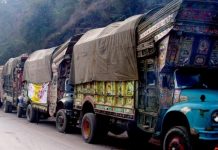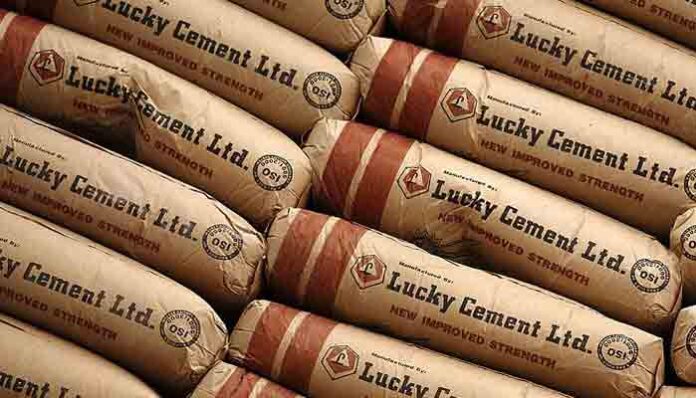Lucky Cement’s decision to light a second kiln at Samawah, Iraq, on 13 May 2025 marks a watershed moment in the global ambitions of Pakistan’s best‑known construction‑materials group. In a short notice to the Pakistan Stock Exchange the company confirmed that the new 1.82‑million‑tonne‑per‑annum clinker line, built alongside the 1.31 Mtpa unit commissioned in 2021, has entered hot‑run testing and is expected to reach commercial dispatches in July.
The achievement is not simply an engineering milestone; it pushes Lucky’s consolidated name‑plate capacity above 21 million tonnes a year across three countries and demonstrates that Pakistani industrial capital, honed in the hills of Khyber‑Pakhtunkhwa, can thrive in the post‑war economy of the Middle East.
The Samawah expansion is housed in Najmat Al‑Samawah, a 50‑50 joint venture between Lucky Cement and the UAE‑based Al‑Shumookh Group. Built by China’s Sinoma International, the second line can fire 5,800 tonnes of clinker a day on a fuel mix dominated by southern Iraqi natural gas, supplemented by up to twenty per cent alternative fuels such as rice husk and shredded tyres. A 25 MW captive power plant hums next door and a waste‑heat‑recovery unit—planned for 2026—should whittle electrical consumption by another twenty‑five kilowatt‑hours per tonne. When a 0.65 Mtpa grinding and packing facility at Umm Qasr comes on line, probably early in 2026, the Samawah complex will supply cement and clinker to an arc that stretches from Baghdad and Basra to Kuwait, Bahrain and the Horn of Africa. The content in this publication is expensive to produce. But unlike other journalistic outfits, business publications have to cover the very organizations that directly give them advertisements. Hence, this large source of revenue, which is the lifeblood of other media houses, is severely compromised on account of Profit’s no-compromise policy when it comes to our reporting. No wonder, Profit has lost multiple ad deals, worth tens of millions of rupees, due to stories that held big businesses to account. Hence, for our work to continue unfettered, it must be supported by discerning readers who know the value of quality business journalism, not just for the economy but for the society as a whole.To read the full article, subscribe and support independent business journalism in Pakistan

























